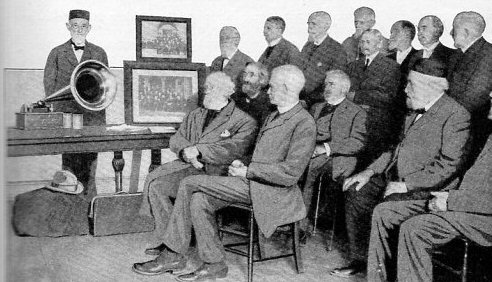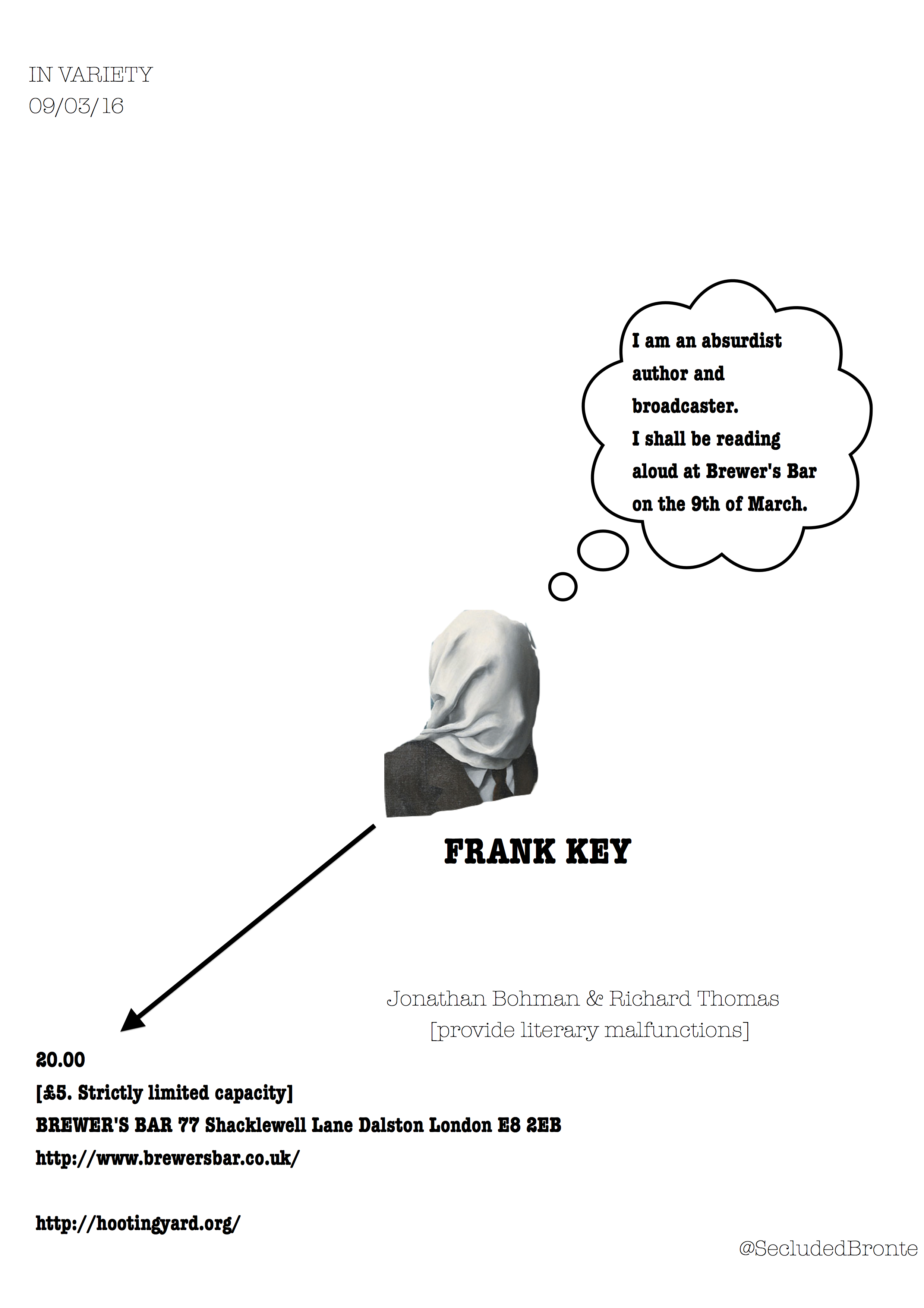For this recipe, I read, you will require a bag of frozen crinkle-cut oven chips, six cans of Squelcho!, a turnip, a parsnip, a punnet of Carlsbad plums, and the head of a pre-slaughtered pig.
So I went to the shops and bought a bag of frozen crinkle-cut oven chips, six cans of Squelcho!, a turnip, a parsnip, and a punnet of Carlsbad plums. Obtaining the head of a pre-slaughtered pig proved more difficult. Not one among the parade of shops I frequented had any such thing in stock. The butcher’s, which was my best hope, had its shutters down, and a scribbled sign posted on the shutters announcing closure due to rampant infectious disease, though it did not specify whether this referred to the butcher himself or to his supply of meat.
Sitting on a municipal bench, eating one of the Carlsbad plums, I wondered if I might make a vegetarian version of the dish, using a pig’s head fashioned from marzipan. But my skills as a sculptor or moulder have atrophied since the heady days of my youth at the Institute For Sculpting And Moulding, and I was not convinced my efforts with marzipan would yield anything that looked remotely akin to the head of a pig, By the time I had eaten a second Carlsbad plum, it was clear to me that I would have to go in search of a pre-slaughtered pig and remove its head.
It is surprisingly difficult, in this day and age, to find a dead pig in a small town. I wandered into the countryside, keeping my eyes peeled, peering into bogs and ditches. This proving fruitless, I made my way to the top of a bluff, from where I could see for miles around. The climb was onerous, and when I reached the summit I was thirsty, so I opened one of the cans of Squelcho! and downed it in a single glug.
Gazing out across the countryside, I shouted “Dead pig! Dead pig! Come out, come out, wherever you are!”
I hoped, by this means, to coax into view a peasant, pushing a wheelbarrow in which rested a pre-slaughtered pig. Such a sight is not uncommon in the countryside, or so I am given to understand from my reading of various bucolic texts. In the pauses between my repeated shoutings, I fell to wondering – if an urban person could be urbane, was there an equivalent countryside quality, in which a rustic person could be rustice? I had no opportunity to find out, for after an hour or so atop the bluff, not a single peasant had appeared.
The day was hot, and I noticed that my bag of frozen crinkle-cut oven ships was almost entirely thawed. I was also conscious that I had depleted my stocks of both Carlsbad plums and Squelcho! Unless I returned home in haste, I would end up consuming all the non-pig’s head ingredients for the recipe, and my day would be wasted.
I skittered down from the bluff, like a gambolling lamb, and headed back through the fields of muck towards town. All the while I was racking my brains trying to think of an acceptable substitute for the pre-slaughtered pig’s head. What did I have in my cupboard? Pink wafer biscuits? Peas? A bowl of fayooz? A jar of pickles? Several contaminated cocktail sausages? Blubber? Somehow none of these seemed quite right, nor even remotely suitable. If I was to vary the recipe, then the least I could do was to use something’s head.
By now I was nearing town, so I looked around me with fresh eyes. All I had to do was to spot a living creature, seize it, slaughter it, remove its head, and pop the head into my pippy bag along with the bag of now unfrozen crinkle-cut oven chips, the turnip, the parsnip, and what was left of the cans of Squelcho! and the Carlsbad plums – both further depleted on account of peckishness and thirst during my long countryside trudge.
There were plenty of creepy-crawlies to be seen, but their tiny, tiny heads were hardly fit for purpose. Just as I was losing hope, I came upon a pond, at the edge of which a toad was flopping about. With a cry of inhuman savagery, I fell upon it, seized it, and strangled it. Then I bit off the head, spat it out, wrapped it in a sheet of greaseproof paper I happened to have in my pippy bag, and carried it home. I would not be able to follow the recipe with one hundred percent accuracy, but I felt confident that I could knock together a toothsome supper.
Alas, I did not consider that the toad I pre-slaughtered might be one of those toads that is highly toxic, But so it was. As I write these words, I am shaking violently, sweating, vomiting, and my own head has swelled to twice its usual size. I fear that what I tucked in to, an hour ago, after an exciting time at the chopping board, will prove to be my Last Supper.



